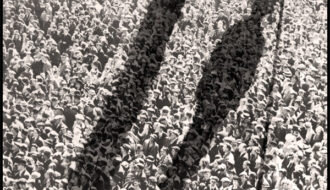
Anti-Italianism is Alive & Well
I was called a Guinea this week. I never had that happen before. I was also told that when the Nazis marched into Italy Hitler told them to not defecate (that was not the word he used) in the streets because he wanted to starve the Italians. That one was a real head-scratcher for me. Were Germans in the habit of doing something like that in the streets? I also wondered if the Germans ever really marched into Italy as they did in France or Poland. I thought the two countries were allies. I guess you shouldn’t expect a bigot’s comments to make any sense.
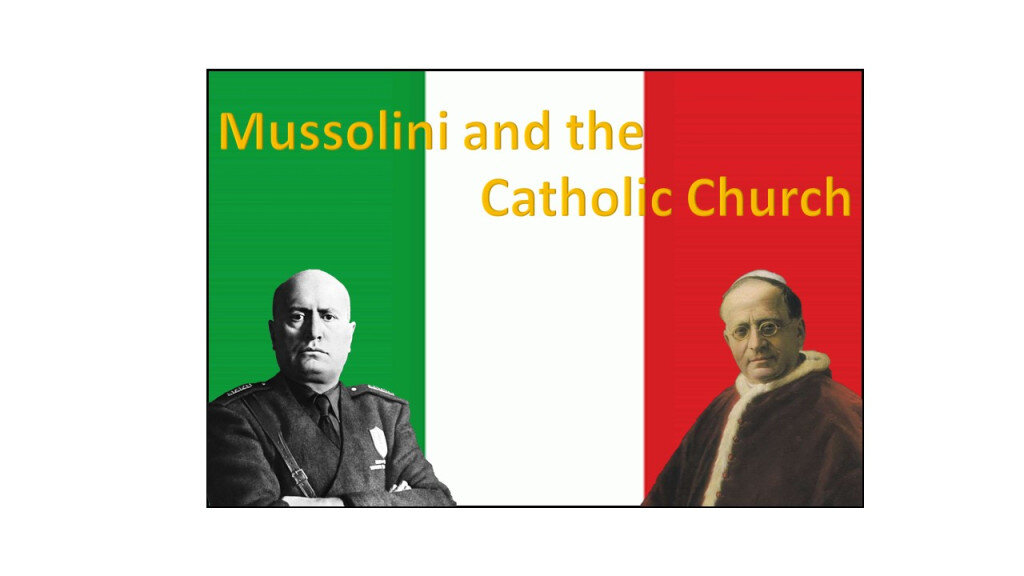
Mussolini and the Catholic Church
In my post last week, Italians and the Catholic Church, I noted how there was a split between the church and the newly unified nation of Italy. Since that time, however, the two have reconciled their differences. No one knows more about this reconciliation than Mrs. Soile Lautsi.
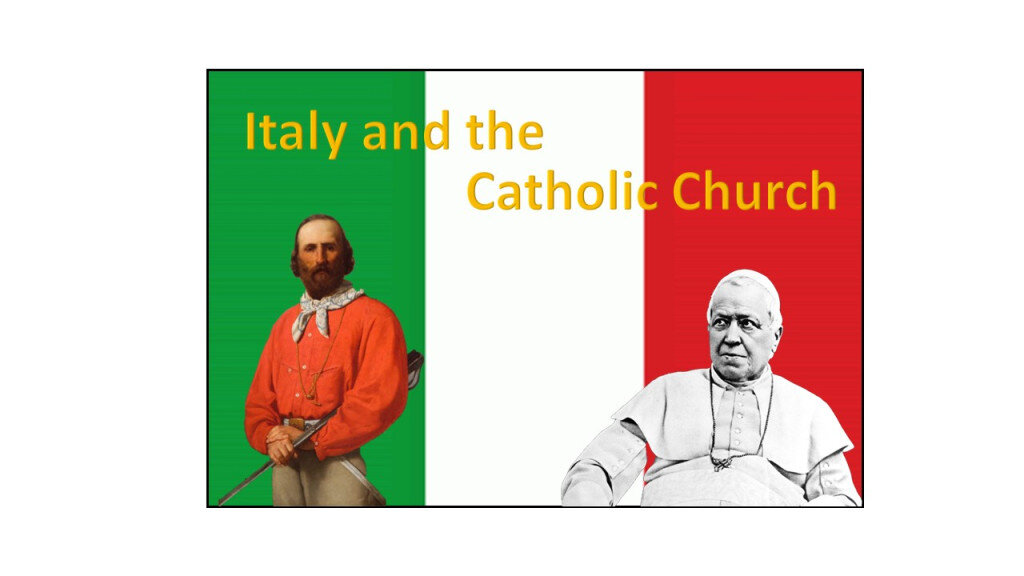
Italy and the Catholic Church
In my post last week, The Catholic Church and Italian Americans, I had noted how Italians of the Mezzogiorno saw the Catholic Church as yet another institution living off the sweat of the working class. I had also referred to the fact that after Italians unified the country making for the first time in history an actual Italy, that the Vatican reached out to Catholics around the world as well as foreign governments to work towards destabilizing the newly formed Italian Government.
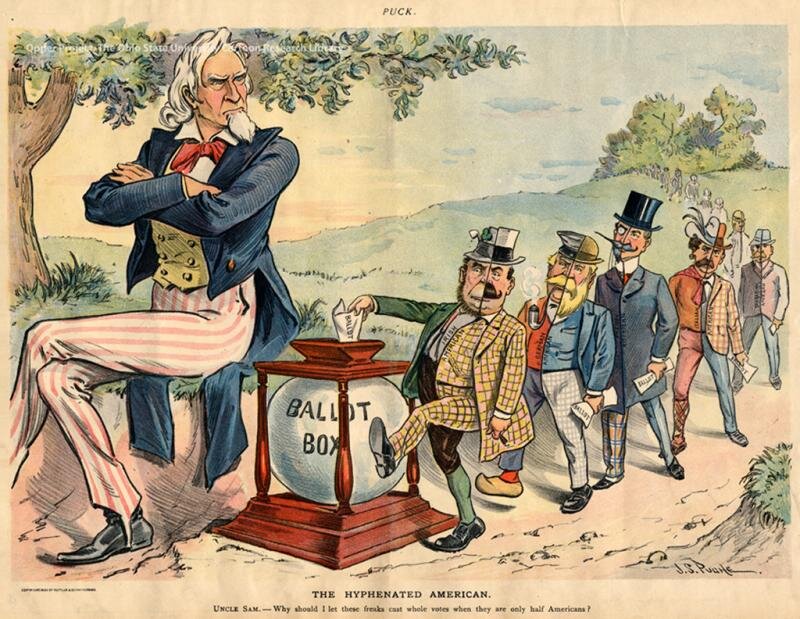
Does this country have room for the Italian-American?
A funny thing happened to me the other day at lunch while I was eating a cobb salad. I realized that it was a great example of the United States of America. When I made this observation to my son-in-law, Ryan, he said it is the old question of whether the United States was a melting pot or a salad.
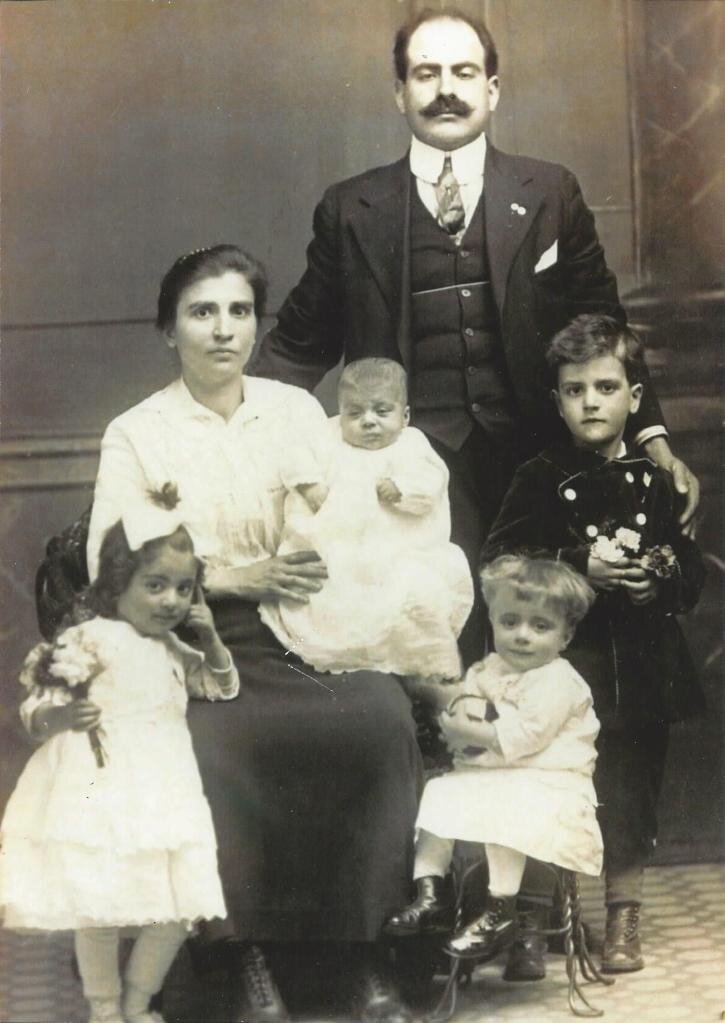
So, you’re Italian-American. What’s the big deal?
Everyone should be proud of their cultural heritage, even if you aren’t Italian-American. After all, not everyone can be an Italian-American. I guess my bias is pretty obvious. Someone once asked me if I could choose to be anything other than Italian-American, what would I like to be. I was shocked by such a horrible thought. The Italian-American culture is the confluence of two of the greatest civilizations ever to have existed. I wouldn’t want to be anything other than what I am.
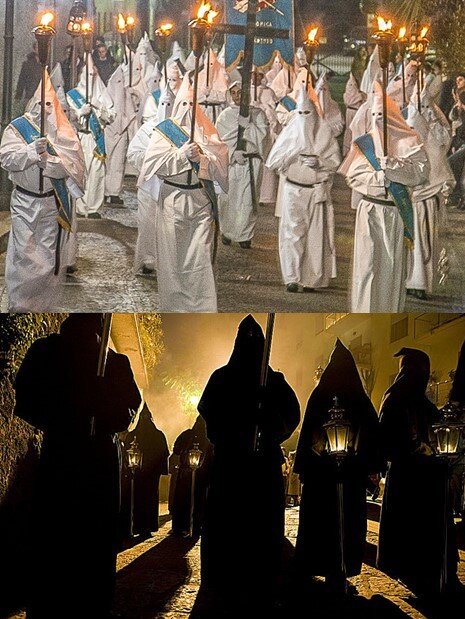
Holy Thursday, Good Friday, & Sorrento
Alright, I admit it. I am not that into Easter. Gosh, I feel like an old curmudgeon when I say things like that. A couple of weeks back I posted that I wasn’t crazy about St. Patrick’s Day. The only trouble with blaming it on being a grumpy old man is that I have felt this way all my life which makes it worse. Have I always been this sour puss, the Eeyore at the birthday party of life?
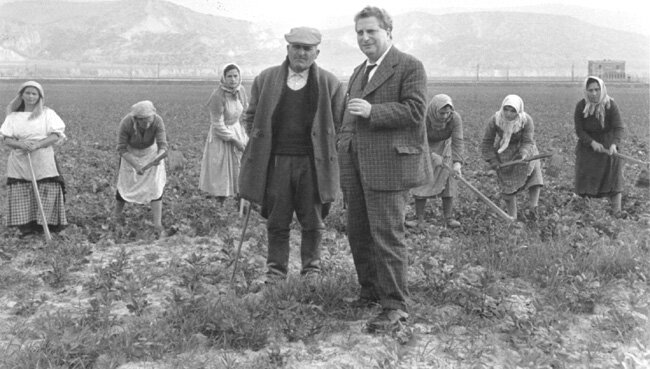
Carlo Levi, Author of “Christ Stopped at Eboli”
Where do you live? Some place rural where the air is clean and you know your neighbors? Maybe you are an urban dweller, attracted to the excitement and diversity of a big city. Now, imagine all of that taken away. Imagine, someone from the government forcibly taking you to an unfamiliar place, far away from the place you live and the people you know.
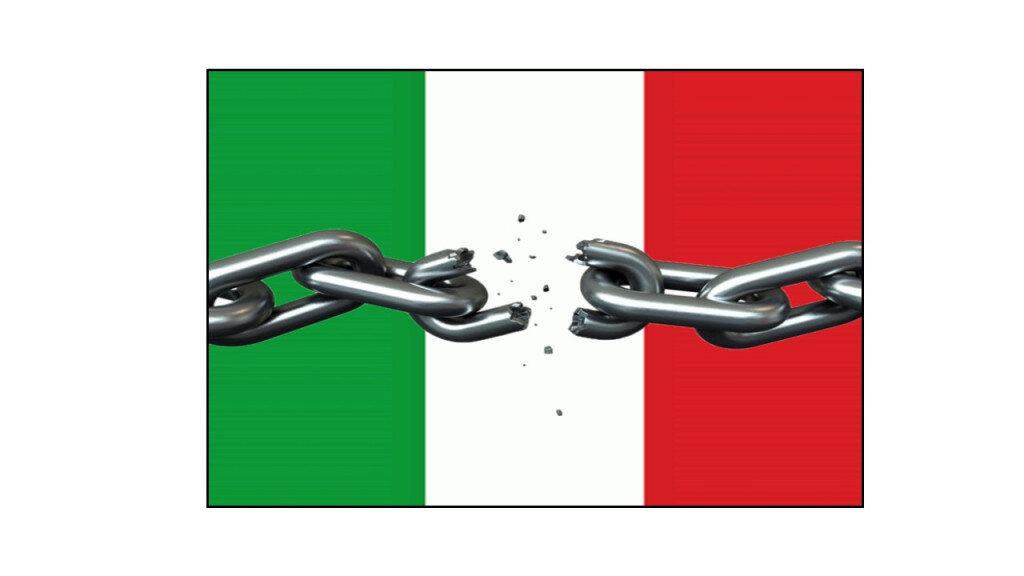
Italian Americans & The Confederacy
Last week as I watched the Confederate flag paraded through the Capitol, I was reminded of a conversation I recently had with another Italian American who defended flying the Confederate flag. His position was that he lived in a former Confederate state where many of his neighbors who flew the Stars and Bars were good people who see it as part of their heritage. As I told him, I had little doubt about the goodness of the people.

Why are you wearing a pepper?
One of the reasons for this blog is to dispel many of the Italian and Italian-American myths. It is troubling to me, therefore, when I fulfill some of the more common or even more crass stereotypes. Yes, I talk with my hands, and I have been known to greet someone with a “Hey, how ya’ doin,” although not as suggestively as Joey Tribbiani. What can I say? Mea culpa, mea culpa, mea maxima culpa.
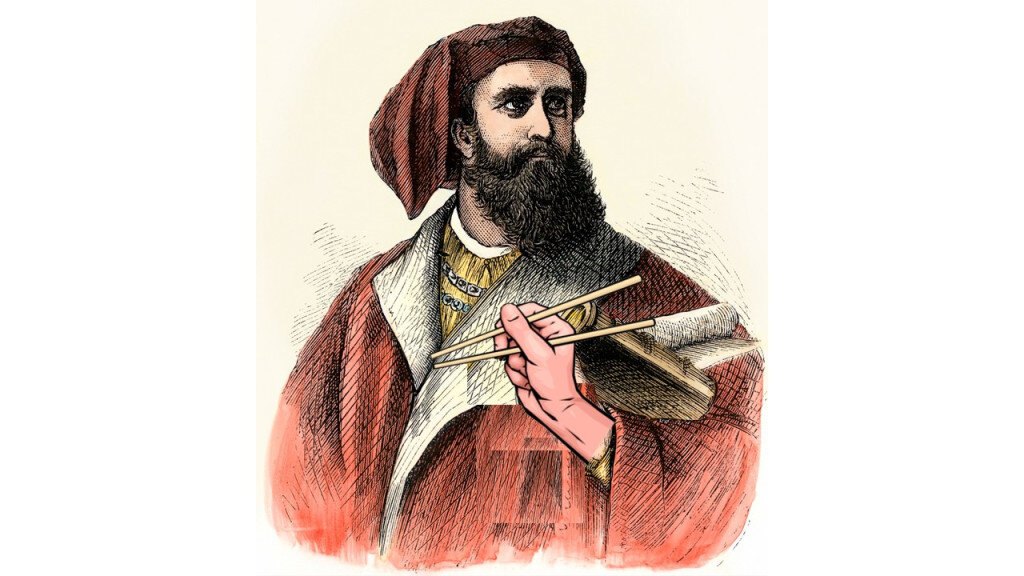
Marco Polo Introduced the Chinese to Chop Sticks
Years ago, I had an acquaintance who was from China. He insisted that the Chinese invented spaghetti. He believed in the myth that Macro Polo introduced Italians to it when he returned from his travels. It did not matter what I told him; he was told this all his life. So, as far he was concerned, it was the absolute truth. Remembering the adage attributed to Mark Twain, it’s easier to fool people than to convince them that they have been fooled, I gave up. Instead I told him that most people don’t know that Marco Polo introduced the Chinese to chopsticks.
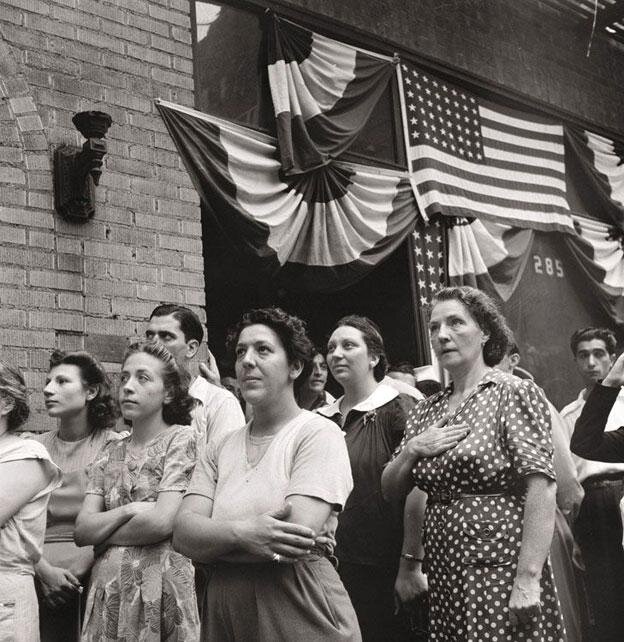
If Italian-Americans aren’t Italian, what are they?
When I was a kid growing up in an Italian neighborhood in New York, we used to say there were two kinds of people in the world; Italians and those that wanted to be. When my daughters were just children, I told them they were very lucky little girls; not everyone gets to be Italian. Then I made my first trip to Italy. I started developing acquaintances with people born and raised in Italy, Italian Italians, not Italian-Americans. I was shocked by what I had learned. My daughters and I were not lucky. We were members of the second group, those that wanted to be. We weren’t Italian!
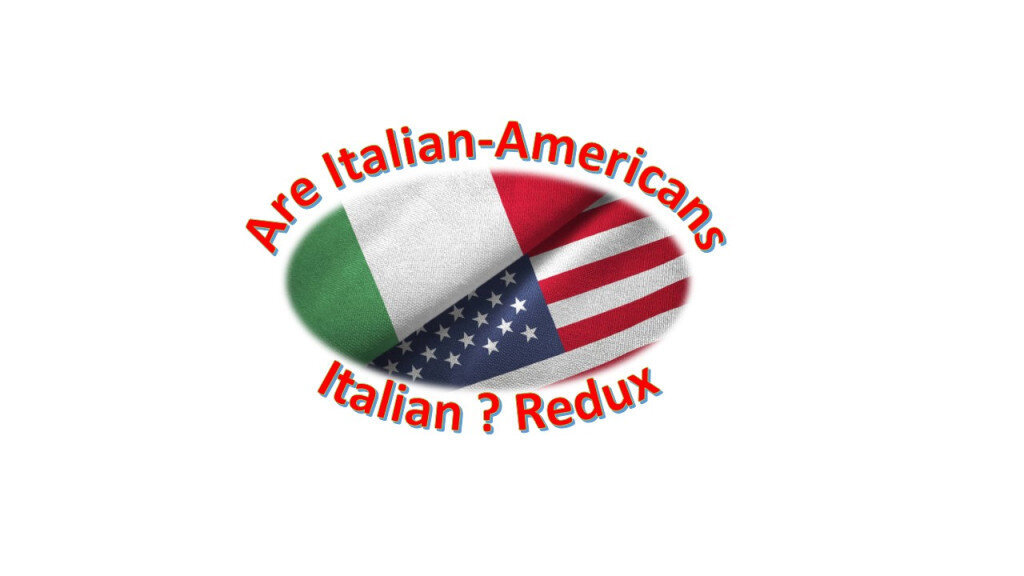
Are Italian-Americans Italian? Redux
I hate to admit being wrong, to publicly change my opinion, especially when that opinion is dear to me. I guess I could just cite the adage; to admit that you were wrong is to declare that you are wiser now than you were before. Maybe I should have started this post by telling you how much more wise I now am than I was in the past. See how I turned that around?
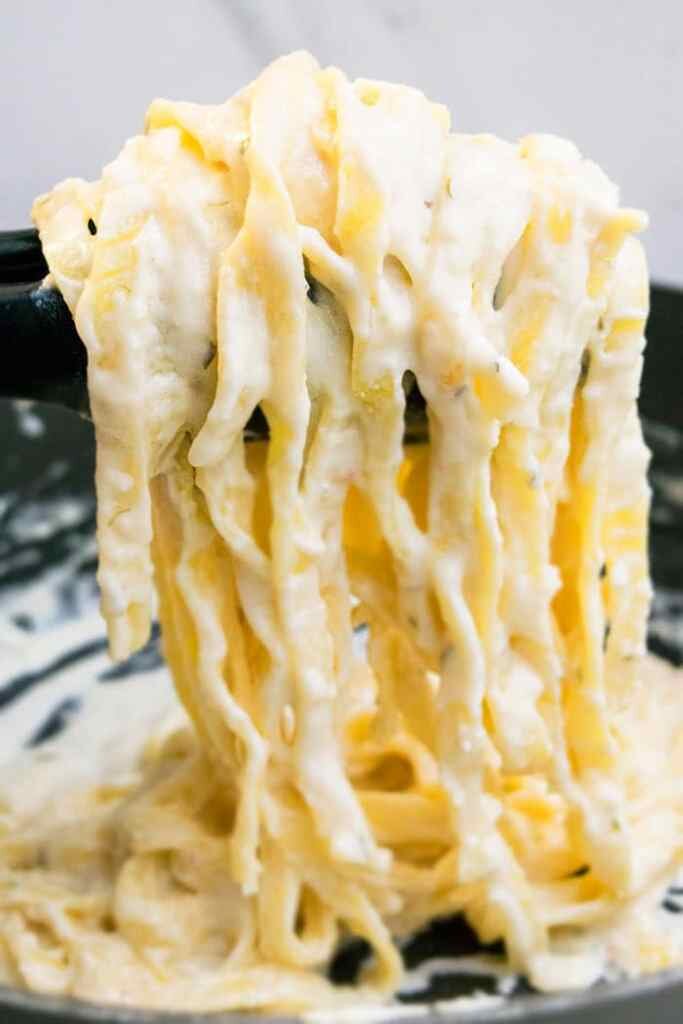
Is Fettuccini Alfredo a Traditional Italian Dish?
It is amazing to me, a guy who grew up in an Italian-American community in upstate New York, how much I learned about being Italian when I left that community to live among the medighans of Los Angeles. I didn’t realize that real Italians went around saying for-ged-aboud-it and we didn’t call it sauce, but gravy, a debate to be addressed in another post.

Being Italian American During a Covid Christmas
I am not sure how to start this post, how to do something other than contributing to the happy-happy-joy-joy holiday messages with which we have all been inundated over the past few weeks. However, I do have something to say as I reflect on this time of year and its relation to my cultural heritage, especially in light of the Covid pandemic.